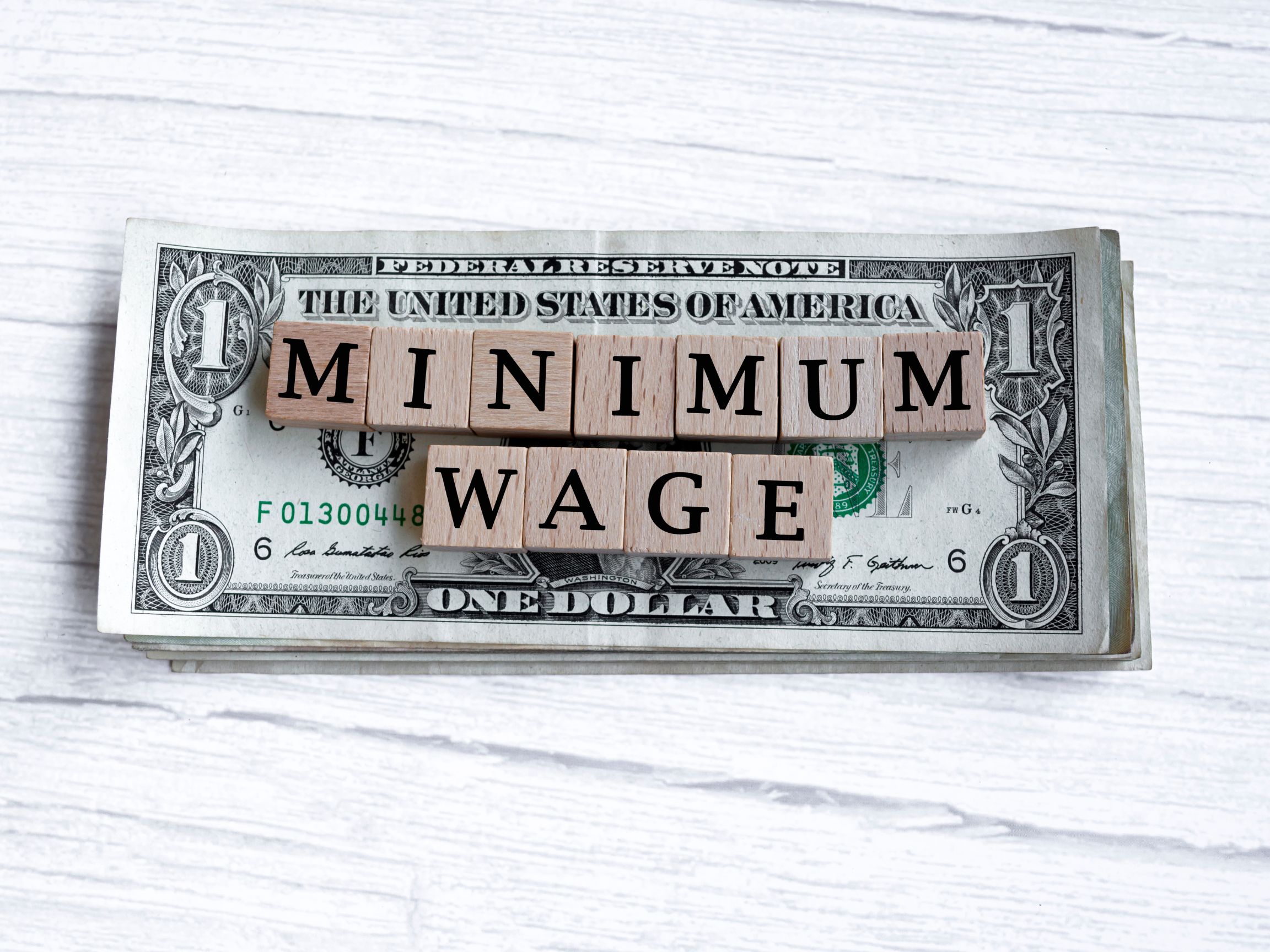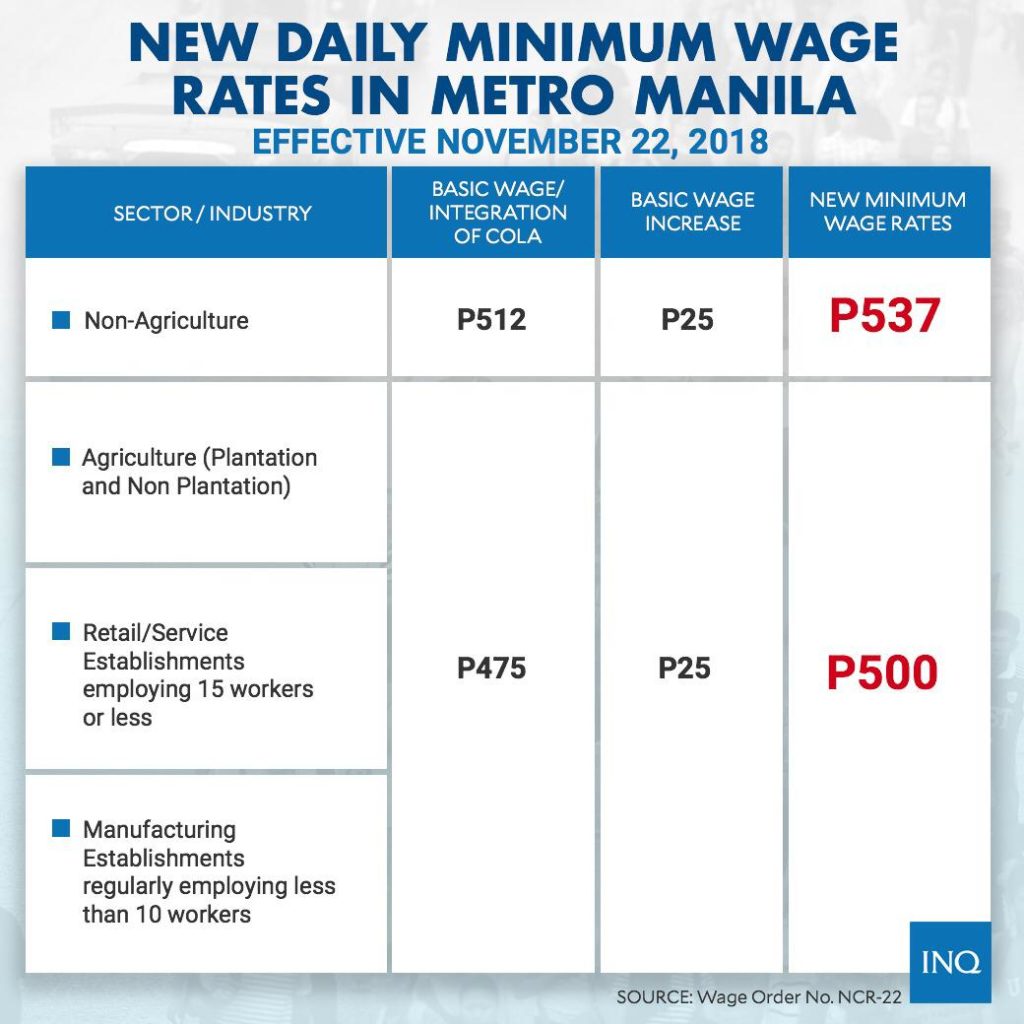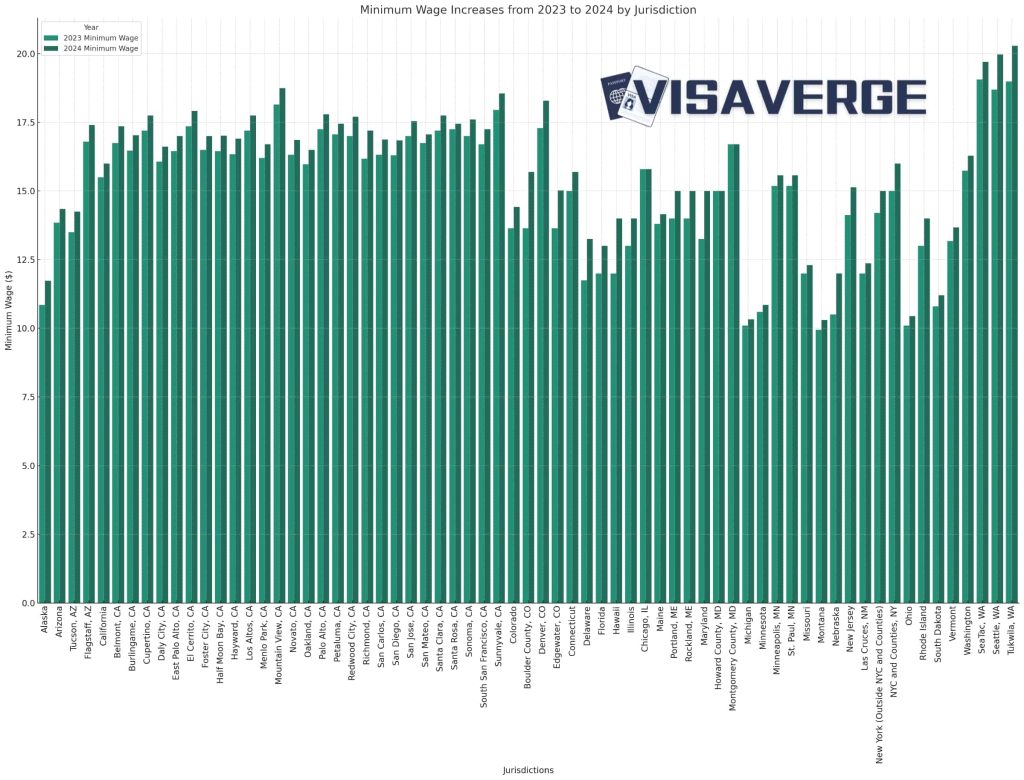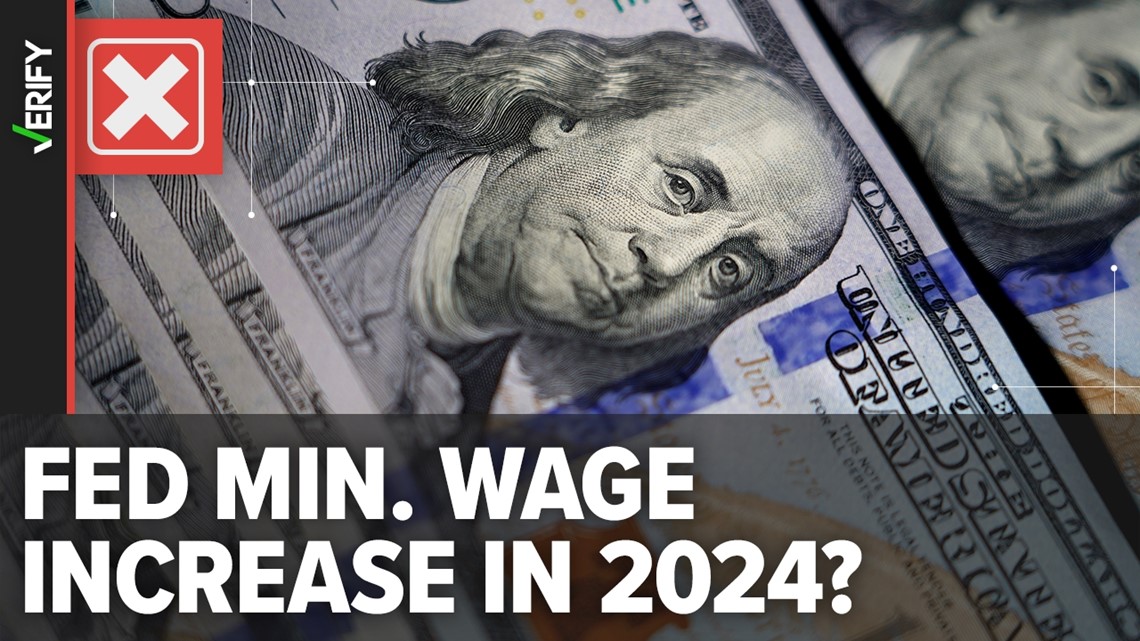Minimum Wage Boost: States and Cities Across the U.S. Implement Pay Increases
Table of Contents
- Wages and Super Increase from 1 July 2024
- New Minimum Wage Rates To Be Effective From Oct 1, 2024: Know Details
- 2024 State Minimum Wage Increases
- Minimum Wage 2024 Ncr - Brita Catharina
- 2024 State and Local Minimum Wage Increases: What Employers Need to Know
- Elevate Your LinkedIn Presence: Unleash Your Job Search Potential ...
- No, the federal minimum wage is not scheduled to increase in 2024 ...
- Minimum Wage Increase 2024 - YouTube
- 2024/48 "Malaysia’s Progressive Wage Policy: Looming Questions for the ...
- Minimum Wage In 2024 In Arizona Vs - Birgit Steffane


The federal minimum wage has remained stagnant at $7.25 per hour since 2009, prompting many states and cities to take matters into their own hands. Currently, 30 states have minimum wages higher than the federal rate, with some cities and counties implementing even higher rates. For instance, California, New York, and Massachusetts have all raised their minimum wages to $15 per hour or more in certain areas. These increases are expected to benefit millions of workers, many of whom are struggling to make ends meet.


States with Minimum Wage Increases


- California: $15.50 per hour for employers with 26 or more employees
- New York: $14.20 per hour for most employers
- Massachusetts: $15.15 per hour
- Michigan: $10.10 per hour
- New Jersey: $12.93 per hour


Cities with Minimum Wage Increases


- Seattle, WA: $18.69 per hour for large employers
- San Francisco, CA: $16.99 per hour
- Los Angeles, CA: $16.04 per hour for employers with 26 or more employees
- Chicago, IL: $15.40 per hour
- Washington, D.C.: $15.20 per hour
These minimum wage increases are expected to have a positive impact on workers, allowing them to better afford basic necessities like housing, food, and healthcare. However, some businesses have expressed concerns about the potential impact on their bottom line, citing increased labor costs. To mitigate these effects, some cities and states are offering tax credits or other incentives to help small businesses and non-profits adjust to the new wage rates.
The implementation of minimum wage hikes across the United States is a significant step towards addressing income inequality and promoting economic growth. As workers benefit from higher wages, they are more likely to spend their earnings locally, boosting economic activity and creating a positive ripple effect throughout their communities. While some challenges may arise, the long-term benefits of these increases are expected to outweigh the costs, ultimately leading to a more prosperous and equitable society for all.Stay informed about the latest developments in minimum wage laws and how they may affect your business or community. With the ongoing efforts to raise the minimum wage, it's essential to stay up-to-date on the latest changes and how they may impact your life.